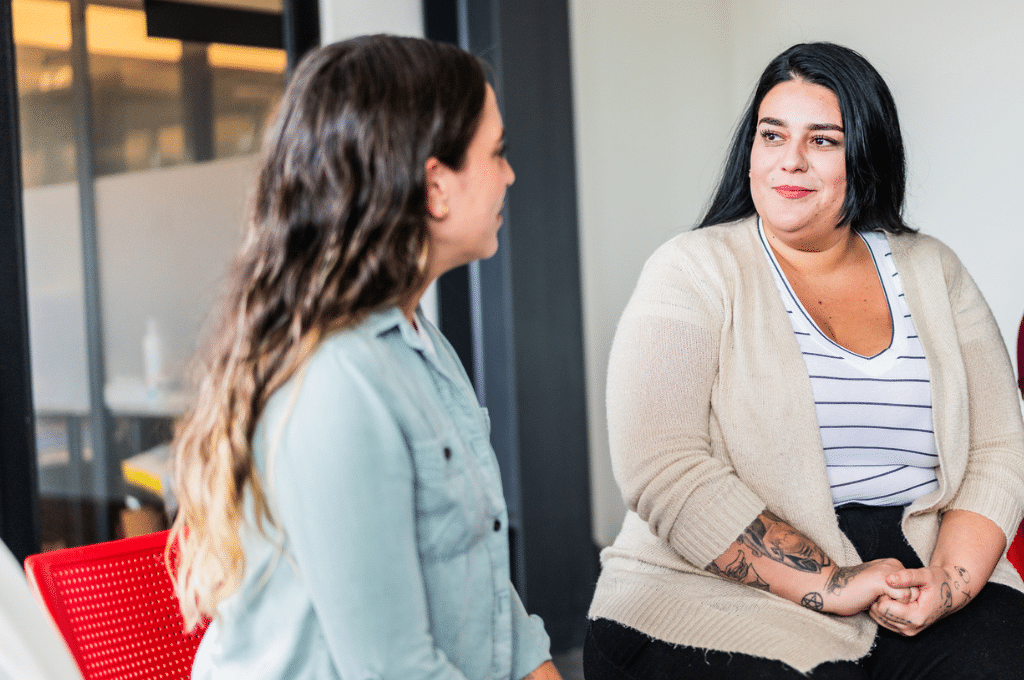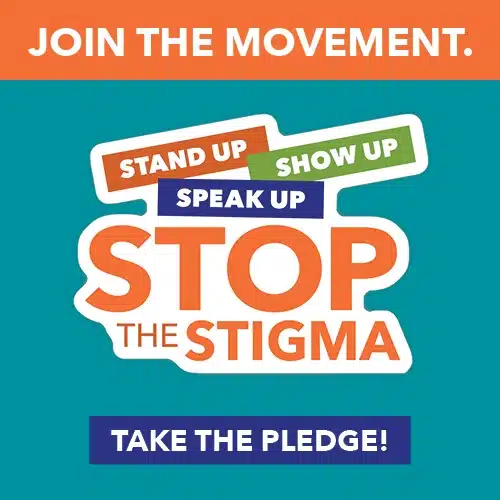Navigating the journey to recovery can be overwhelming, but it is a path filled with hope, growth, and transformation when paired with the right kind of support and access to services. The process often begins with the recognition that help is needed, followed by seeking professional support, like the services offered by Oaks Integrated Care.
Our team recently attended the SAMHSA Program to Advance Recovery Knowledge (SPARK) training program in Chicago to learn from agencies across the country about their recovery-oriented practices. The initiative solicited feedback from many disciplines across the human services field, including Peer Recovery Specialists, Nurse Practitioners, Psychiatrists, Therapists and Leadership.
One of the key takeaways emphasized that recovery is not just the absence of symptoms or substance use abstinence—it’s any positive, self-directed change that propels an individual forward. This approach encourages people to define their own recovery journey and empowers them to regain control of their lives.
The addiction treatment process can look different depending on each individual’s recovery needs. Here are four common steps to consider:
Addiction Treatment Process
Step 1: Recognition and Seeking Help
The first step in the recovery process is recognizing that help is necessary. This often happens when someone can no longer manage the impact addiction has on their life or the lives of their loved ones. Whether it’s due to deteriorating physical health, strained relationships, or legal or financial issues, acknowledging the need for treatment is pivotal.
Step 2: Assessment and Planning
After recognizing the need for help, the next step is undergoing an assessment with addiction specialists who can recommend a treatment plan. At Oaks Integrated Care, we approach each individual with personalized care plans. These plans may include outpatient detox, outpatient or intensive outpatient services, medication-assisted treatment, partial care and other services.
Step 3: Treatment
The path to a sober, healthy life starts with a holistic approach to care designed to treat the whole person in a comfortable, welcoming environment. Holistic care treats not just the addiction, but the emotional, social, and psychological factors contributing to it. Addiction services include individual therapy, group therapy, case management, peer recovery support, medication monitoring and connection to community resources. Family and couples therapy is also available.
Step 4: Aftercare and Continuous Support
Recovery doesn’t end with the completion of formal treatment. In fact, maintaining long-term sobriety is often the most challenging part of the journey. That’s why aftercare, such as ongoing therapy, peer support groups, or sober living arrangements, is vital for continued success.
Embracing Recovery as a Journey, Not a Destination
At Oaks, we believe in a recovery-oriented approach, which was reinforced through the SPARK initiative. Recovery is not just about the cessation of substance use; it’s about rebuilding a life filled with purpose, meaning, and connection. Whether through our peer recovery specialists who draw from their own experiences or our organizational culture that embraces a recovery philosophy, we are committed to supporting individuals at every stage of their journey.
We’re Here to Help
If you or a loved one are struggling with an addiction to opioids, alcohol, other addictive substances or co-occurring disorder (mental health and substance use disorder), help is available. Our programs throughout New Jersey give individuals the opportunity to make healthy choices, stabilize symptoms of illness and eventually reach his or her full potential. To learn more about Oaks services or schedule an appointment, call our Access Center at 1-800-963-3377.










